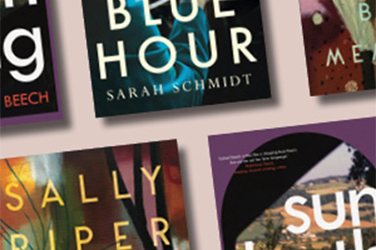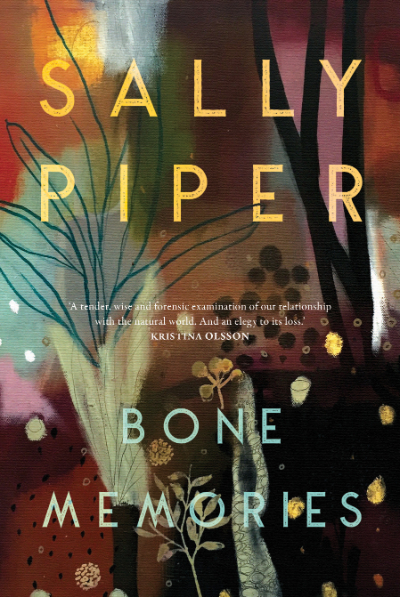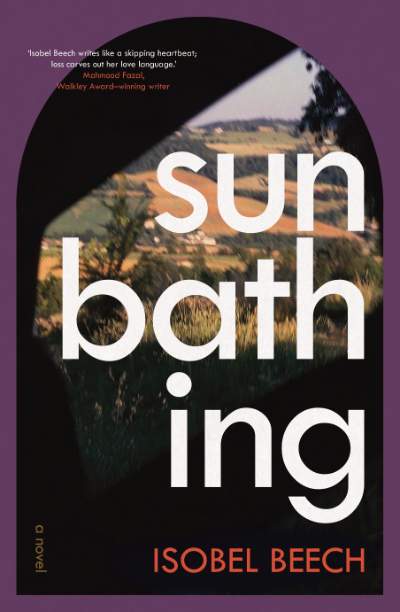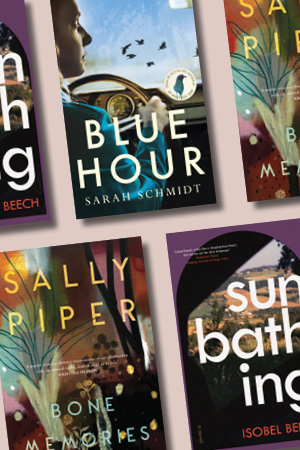- Free Article: No
- Contents Category: Fiction
- Custom Article Title: Three new novels by Sarah Schmidt, Sally Piper, and Isobel Beech
- Review Article: Yes
- Article Title: Getting sad or getting mad
- Article Subtitle: Three new novels exploring women’s suffering
- Online Only: No
- Custom Highlight Text:
In a famous letter to her friend and fellow writer Lorna Sage, Angela Carter declared that no daughter of hers should ever pen a title like Elizabeth Smart’s By Grand Central Station I Sat Down and Wept (1945): ‘BY GRAND CENTRAL STATION I TORE OFF HIS BALLS would be more like it, I should hope.’ The choice between getting sad or getting mad, the dilemma of how to represent the reality of female anguish without romanticising or pathologising it, is a recurring theme in twenty-first-century women’s writing: it forms the main subject of Leslie Jamison’s essay ‘Grand Unified Theory of Female Pain’ (2014); it is the premise behind the post-feminist revenge films Jennifer’s Body (2009) and Promising Young Woman (2020).
- Featured Image (400px * 250px):

- Alt Tag (Featured Image): Georgia White reviews 'Blue Hour' by Sarah Schmidt, 'Bone Memories' by Sally Piper, and 'Sunbathing' by Isobel Beech
Schmidt has a distinctively prose-poetic writing style, sifting through images for meaning and turning them over and around as if she is panning for gold: ‘In the dark of their bed George crushed his hands together as if he were building fires, tinder sticks alighting. All the heat of him spread to Kitty in her dreams. The way it woke her, as if she were fleeing burning buildings.’ But while this approach can lend a welcome richness and grace to a gruesome, unsolvable crime (‘Lizzie Borden with an axe / Gave her father forty whacks’), Blue Hour falters somewhat when it comes to its own story. Schmidt seems to have an almost elemental understanding of womanhood as a cocktail of angst, fury, guilt, and penance – a formulation that, again, makes sense in the world of an accused Victorian murderess but that turns the lives of more ordinary women into the stuff of melodrama. The characters of Blue Hour and the events that befall them are already skirting the line of cliché (the 1940s virgin wanting to be rebellious; the wartime nurse tending to the wrecks of returning soldiers; the daughter alienated by her mother and then increasingly by motherhood itself). For all its elaborate metaphors, the novel lacks emotional or character nuance. Eleanor’s husband seems like a monster, but it’s hard to be shocked by his actions when he has never behaved otherwise. Kitty’s resentment of her husband and her grief at a loss that took place shortly before Eleanor’s birth manifests as pure, primal, unbridled rage and remains so ever after, never wavering or calcifying into something harder.
The overall effect is that of a gilded soap opera, or a variation on Philip Larkin’s poem ‘This Be the Verse’: ‘Woman hands on misery to woman, ascending like a placental shelf. Get out as quickly as you can, and let your husband kill himself.’
 Bone Memories by Sally Piper
Bone Memories by Sally Piper
UQP, $32.99 pb, 268 pp
At the centre of Sally Piper’s Bone Memories is another mother–daughter dynamic, but it is augmented by other, equally intricate relationships: grandmother–grandson, widower–wife, matriarch–usurper.
The novel is set in and around the home of Billie, a garden centre employee in her sixties; Angus, her former son-in-law; Daniel, Angus’s son and Billie’s grandson; Carla, Angus’s second wife and Daniel’s stepmother; and Scout, Angus and Carla’s young daughter. The missing piece that lends context to this unusual ménage is Billie’s daughter, Jess, who was brutally murdered by an unidentified man sixteen years prior, leaving the infant Daniel as the only witness. While the rest of the household is ready or at least willing to try to move on, Billie is unable to contemplate abandoning the house that she, Jess, and Angus shared together.
Stylistically, Piper’s writing isn’t particularly elegant: her sentences abound with incomplete clauses and awkward pivots in mood, theme, or scope (it’s not unusual for a discussion about the family property to be interspersed with Daniel’s musings on the atomic bomb, or for Billie to be sitting under the bright lights of Indooroopilly Shopping Centre and suddenly wonder ‘how a tree hold[s] itself tall for so long?’). Perhaps this is a character quirk, or the product of long-term trauma, but it makes for arrhythmic reading. Nevertheless, the novel’s personalities are expertly crafted, as is the escalating tension between them: Billie, the ageing greenie whose loss has radicalised her already atypical set of ethics and stubborn disposition; Daniel, the teenager with the survivor’s burden, unable to contemplate risk or instigate change; Angus, the husband and domestic peacekeeper, passive and enigmatic as men in his position often are; and Carla, caught between her guilt in longing for a household of her own and her anger at not already having it. The novel’s various thematic threads (the natural world and our place in it; the notion of the ‘ideal victim’) align nicely with and enrich the story’s conflicts, though at times they intrude upon the pace.
 Sunbathing by Isobel Beech
Sunbathing by Isobel Beech
Allen & Unwin, $29.99 pb, 295 pp
Finally, Isobel Beech’s Sunbathing is perhaps the most emotionally sophisticated of these novels (impressively so, as a début). Slow, subdued and contemplative, its narrator is a young woman travelling to the south of Italy in the wake of her father’s suicide. Her friends Giulia and Fab put her up in the ‘Birthing Room’ of their house – so called because ‘Women from my family had their children in this room,’ Fab tells her – while the three of them prepare for the couple’s wedding in a month’s time.
In this rustic, ageless place, the narrator experiences peace and disquiet as she follows Giulia’s domestic routine: making bread, picking fruit, tending the garden. Her deceptively calm narratorial tone belies the fact that, as is so often the case with grief, there is a raging incongruity between the gentle sensations in the world around her (the summer’s heat; the joyful colours of Giulia’s sheets; the benign insects crawling around the house) and her abject state of mind (‘It was as if I were naked and alone in some wet and unforgiving place’). Her idle hours are lost to reverie and social media scrolling as she searches for something, anything, that might give context to her loss: a tense conversation with her father over Christmas; an argument, from years before, between friends at a party; people’s online eulogies for other suicidal men.
Not a great deal else happens. The days come and go; the wedding approaches; the celebrations conclude, and the narrator prepares to return to Melbourne and resume the life she had there. The novel seems light on plot, but it asks some ambitious questions. How can suicide exist in a world with so much life (a pregnant cat, a lizard gleaming in the sun) in it? Can a love like Giulia and Fab’s really originate from the same fleshy atoms that regularly kill themselves, and each other, on a global scale? If the novel (and its narrator) struggles with the insolvability of these questions, the lack of easy resolution on offer is perhaps an apt allegory for what it is to experience suffering in real time – a dull, meaningless, privately felt ache, melting away as imperceptibly as a sculpture of ice rather than expelling itself in a dramatic gesture by Grand Central Station.



Comments powered by CComment